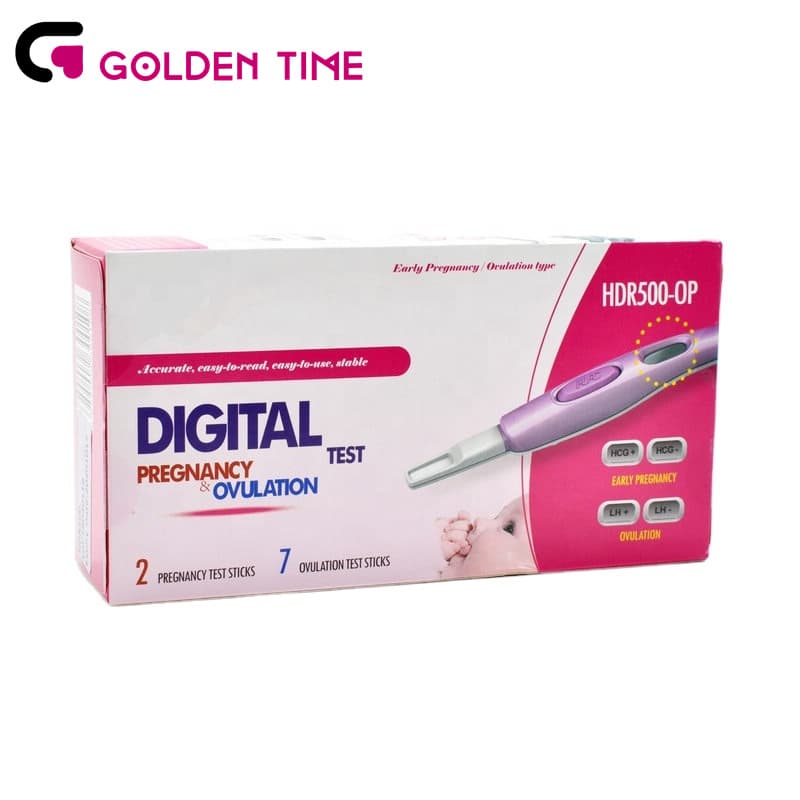Nov . 21, 2024 10:51 Back to list
syphilis test kit factory
Understanding Syphilis Test Kit Manufacturing
Syphilis, a sexually transmitted infection (STI) caused by the bacterium *Treponema pallidum*, has been a significant public health concern for many years. Despite its prevalence, early detection and treatment can effectively manage the disease and prevent serious health complications. This necessity has led to the rise of syphilis test kit manufacturers, playing a crucial role in controlling the spread of this infection.
The process of manufacturing syphilis test kits is complex and involves several critical steps. First and foremost, raw materials must meet the highest standards to ensure accurate and reliable results. Manufacturers typically source antibodies and antigens, which are the core components of the test. These biomolecules interact with the syphilis-causing bacteria and produce a measurable response.
Understanding Syphilis Test Kit Manufacturing
Once the kits have passed all quality control measures, they enter the packaging and distribution phase. It is vital for manufacturers to create informative and user-friendly instructions, as many tests are designed for use at home. This accessibility encourages individuals to get tested, which is essential for early diagnosis and treatment.
syphilis test kit factory

In recent years, technological advancements have allowed for the development of rapid syphilis test kits. These tests can provide results in as little as 15 minutes, significantly reducing the waiting period that traditional laboratory tests require. The rapid nature of these kits has increased their popularity, especially in settings where access to healthcare facilities is limited. Mobile health clinics, community outreach programs, and even pharmacies can stock and distribute these tests, broadening access for at-risk populations.
The global demand for syphilis test kits has surged due to an increase in STIs and a growing awareness of sexual health. Countries facing outbreaks are particularly focused on scaling up testing efforts to control the spread of infections. Manufacturers are responding by ramping up production while also innovating to create more efficient and accurate testing methods.
Sustainability is becoming an important aspect of the manufacturing process. Companies are now exploring eco-friendly materials and practices to reduce their environmental impact. This shift not only supports the planet but also appeals to a growing segment of consumers who prioritize sustainability in their purchasing decisions.
In conclusion, the manufacturing of syphilis test kits is a multifaceted process that plays an integral role in public health. From sourcing quality materials and ensuring thorough testing to creating user-friendly products and addressing environmental concerns, manufacturers are stepping up to meet the needs of a changing world. As the stigma surrounding STIs diminishes and awareness improves, the importance of reliable and accessible testing continues to grow, paving the way for better health outcomes for individuals and communities alike. Ensuring that everyone has the opportunity to get tested is a critical step towards controlling syphilis and promoting sexual health on a global scale.
-
Highly Accurate hCG Pregnancy Test Strips - 5 Min Results
NewsAug.02,2025
-
Premium Empty ABS Plastic Cassettes: Durable & Lightweight Storage
NewsAug.01,2025
-
Accurate Cocaine (Coc) Rapid Test Kit | Fast & Reliable Detection
NewsJul.31,2025
-
Accurate HCG Pregnancy Test Strips | Fast Home Use Kit
NewsJul.31,2025
-
Reliable Early Pregnancy Test Kit Supplier - Multi Plastic Cassette Options
NewsJul.30,2025
-
Transferrin Rapid Test Cassette – Reliable Tumor Marker Detection
NewsJul.29,2025

